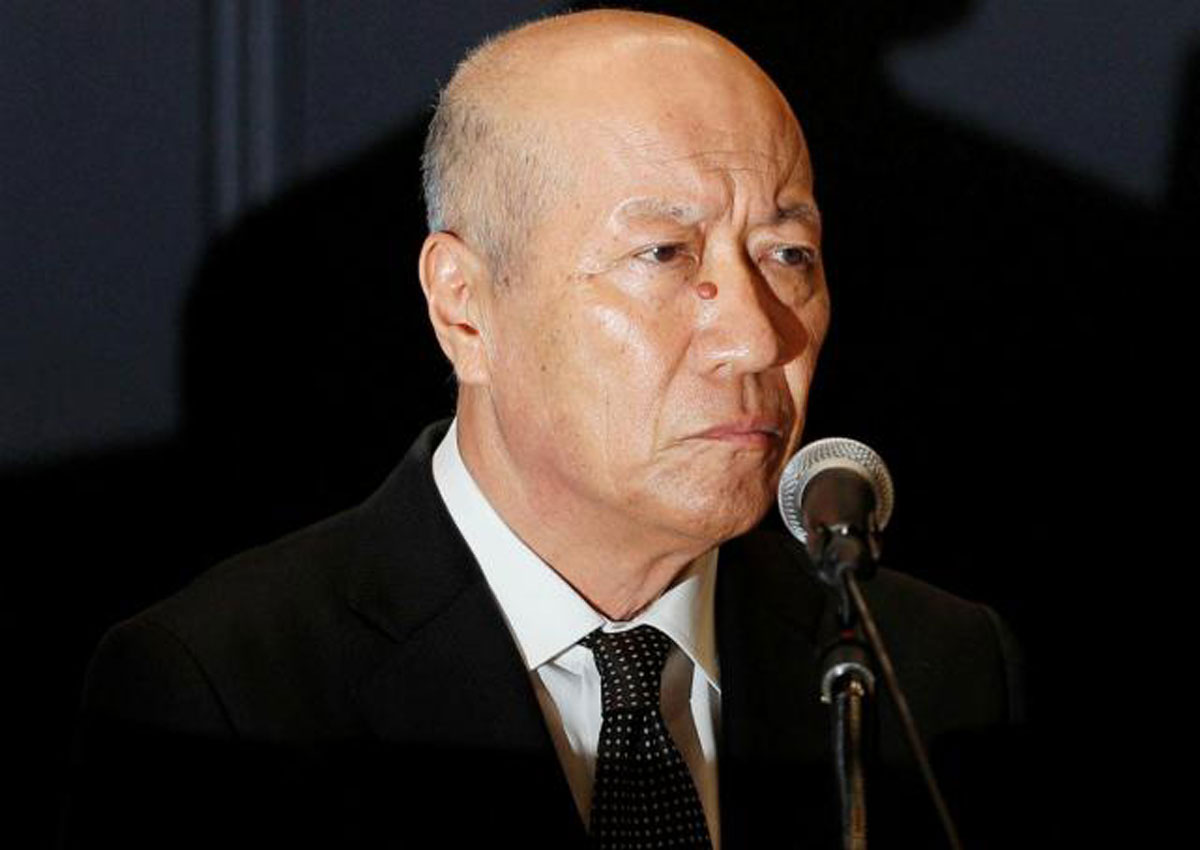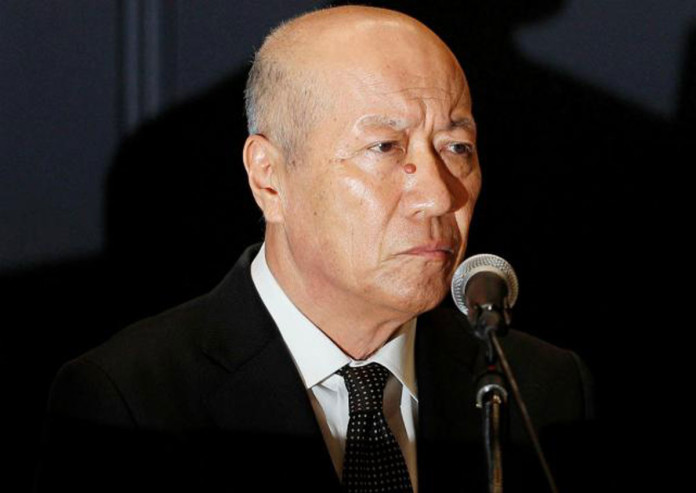The suicide of an overworked employee of advertising giant Dentsu Inc. has led the company’s president to announce his resignation. This case has shown that excessive working hours is a serious matter over which top management should be held accountable.
At a press conference, Dentsu President Tadashi Ishii acknowledged that the company’s peculiar corporate culture allowed excessive overwork, saying, “We were proud of seeking 120 per cent, and of not declining any job offer.” He also admitted his responsibility for the failure of the company’s management to put the brakes on this excess.
Dentsu had already seen an employee commit suicide due to overwork in the past. In recent years, the company was issued a series of advisories by a local labour standards inspection office to correct its practice of illegal long overtime work. After that, Dentsu took measures, including launching a “No overtime day” campaign, but failed to prevent another tragedy from happening.
It can hardly be said that Dentsu management had a full grasp of the working conditions at the company, nor that they worked hard on reform.
Over the suicide of Dentsu’s new recruit Matsuri Takahashi, who killed herself late last year due to overwork, the Tokyo Labor Bureau referred Dentsu as a corporation and one of its senior officials to prosecutors on suspicion of violating the Labor Standards Law. In the wake of this, Ishii was driven to announce his resignation.
The labour authorities built the case unusually fast, less than two months after Dentsu’s offices were raided in November. It can be said that the authorities were prompted by their concern over the excessive working hours that became common practice at this well-known Japanese company.
Drastic reforms needed
Dentsu and the senior official are suspected of having forced Takahashi and other employees to work long hours, exceeding the upper limit stipulated in the labour-management agreement, and forcing them to underreport their working hours as below the limit. As similar practices have been found elsewhere, the labour bureau intends to continue its investigation into the company with an eye on pursuing charges against top executives, including a board member in charge of labour matters.
A full picture of the case must be revealed to prevent a recurrence.
Raised by a single mother, Takahashi joined Dentsu after graduating from the University of Tokyo. In a note released ahead of the first anniversary of her daughter’s death, Takahashi’s mother wrote, “She continued making efforts to make her dream come true,” and “She was hoping to contribute to society by living her life.”
It is a grave sin for Dentsu to crush a young employee’s hopes and dreams.
Dentsu is not the only company connected to this issue. According to the nation’s first white paper on “karoshi,” or death from overwork, which was released in October, 23 per cent of companies surveyed said that their employees logged more than 80 hours of overtime a month, which is regarded as the karoshi line. The management of other companies also need to take this issue seriously.
Correcting long working hours is a major pillar of the government’s “work-style reforms.” If employees are exhausted, productivity declines.
A ban on overtime work without reducing workloads would result only in increasing the number of employees who bring work home. In light of this, companies are urged to improve business results without pushing their employees too much by scrutinizing the amount and substance of work the companies receive. To that end, it is the management’s duty to exercise wisdom and ingenuity.






